Disney has drawn flak with a merchandising tie-in for its upcoming animated feature Moana.
Criticism from Pacific Islander people forced the studio to withdraw a full-body costume for the character of the demi-god Maui that featured brown skin and traditional tattoos.
Polynesian critics argued that it was inappropriate for a racial phenotype like skin colour to be donned as a costume, and found the use of traditional tattoos, which have deep cultural and spiritual significance, to be disrespectful.
Set in the Pacific Islands, the latest Disney feature centres on the story of a Polynesian teenager named Moana who is accompanied on a sea adventure by the Polynesian hero Maui.
It features the voice talents of Hawaiian actress Auli'i Cravalho alongside Dwayne Johnson (The Rock), whose mother is of Samoan heritage. Moana is set for a November release in the United States.
This is not the first time Disney has found itself in hot water over on-screen portrayals. For example, its 1946 movie Song Of The South has never been released on DVD because of its placid depiction of race relations in the US plantation system of slavery.
Here are some more recent controversies.
1. Tangled (2010)
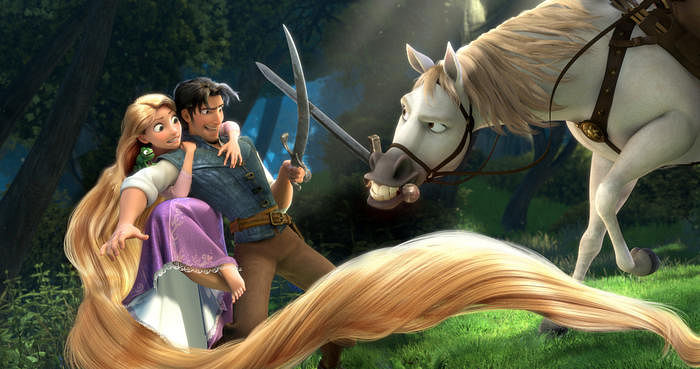
When the 3D computer-animated film was first announced, it was to have been titled after the character Rapunzel.
Disney was slammed for changing the title, reportedly because studio executives felt that a movie named after a female character would not appeal to male audiences.
Some critics thought that it would have been better to encourage the acceptability of films with female leads.
"There was an audience perception that these movies were just for little girls but when boys, men, whatever actually see these movies, they like them," Disney's chief creative officer John Lasseter later told The Telegraph.
"So on Rapunzel we rolled up our sleeves, we changed the name and we called it Tangled."
2. The Princess And The Frog (2009)
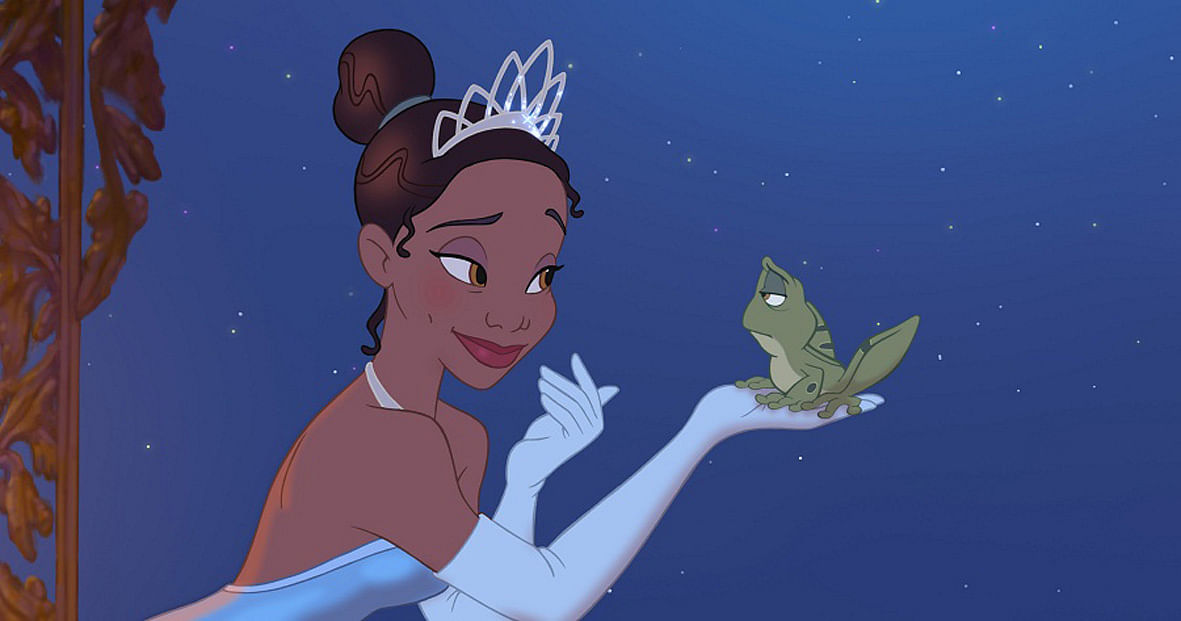
Walt Disney Animation Studios president Ed Catmull afterwards thought that Disney had shot itself in the foot by having the word "princess" in the title of the movie, which was thought to have put people off the animated film.
The plot - which centres on a New Orleans waitress, voiced by Anika Noni Rose, who is turned into a frog - also dismayed voodooists who objected to its depiction of the African religion as black magic.
3. Mulan (1998)
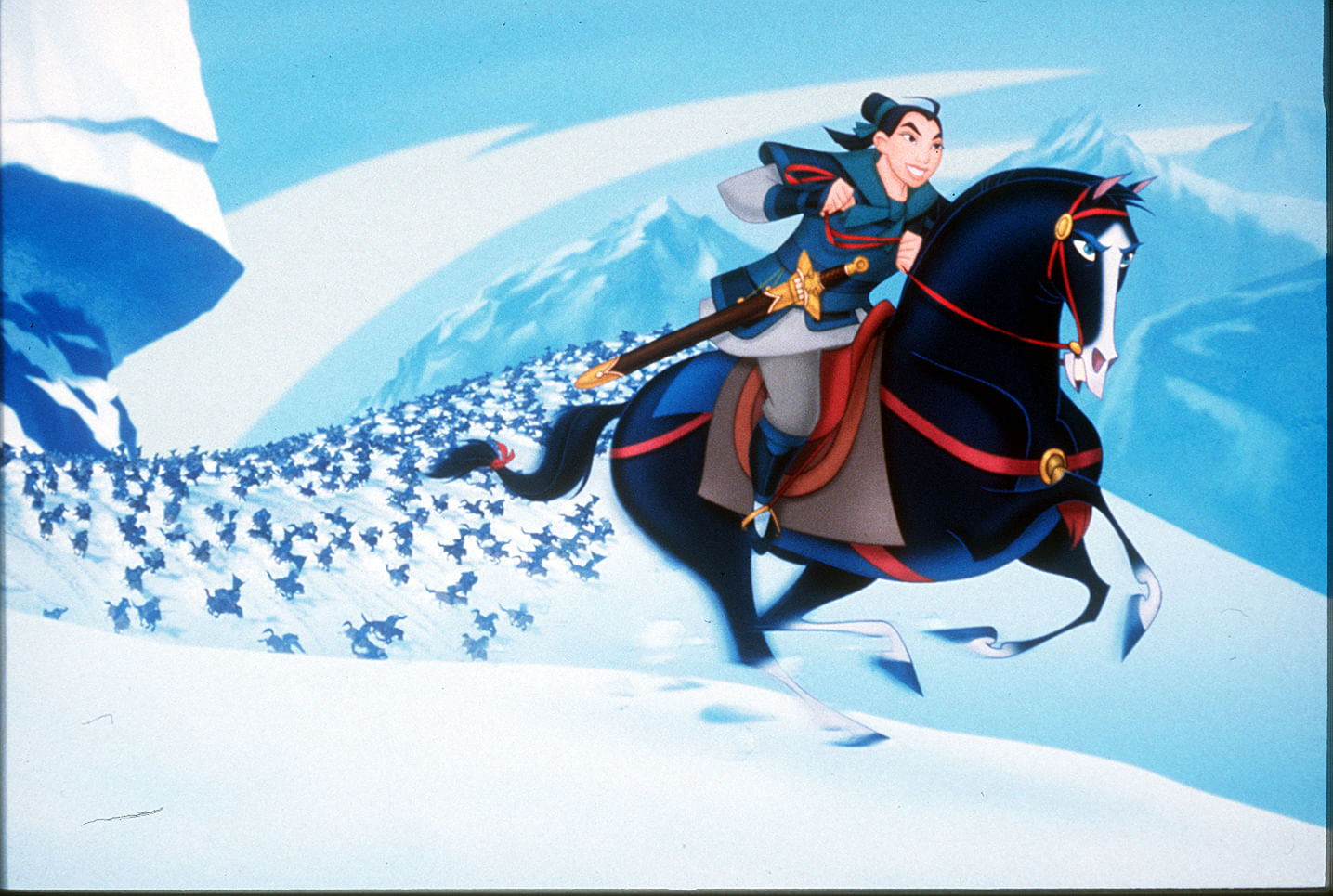
Based on a Chinese folk tale about a skilled woman warrior who takes her father's place in the army out of filial duty, the Disney animated adaptation featured Ming-Na Wen as Mulan's voice and the singing talents of Filipina musical star Lea Salonga.
Republican vice-presidential nominee Mike Pence's disdain of the film recently came to attention when an old op-ed that he penned resurfaced.
"Obviously, this is Walt Disney's attempt to add childhood expectation to the cultural debate over the role of women in the military," Pence wrote, alleging that the film was the work of "some mischievous liberal at Disney".
In 2013, Disney released updated designs of its various cartoon leading ladies, which attracted criticism for portraying the characters with styled hair and heavier make-up.
Mulan and Pocahontas had lighter skin tones in the redesign, and Mulan's eyes became blue.
4. Pocahontas (1995)
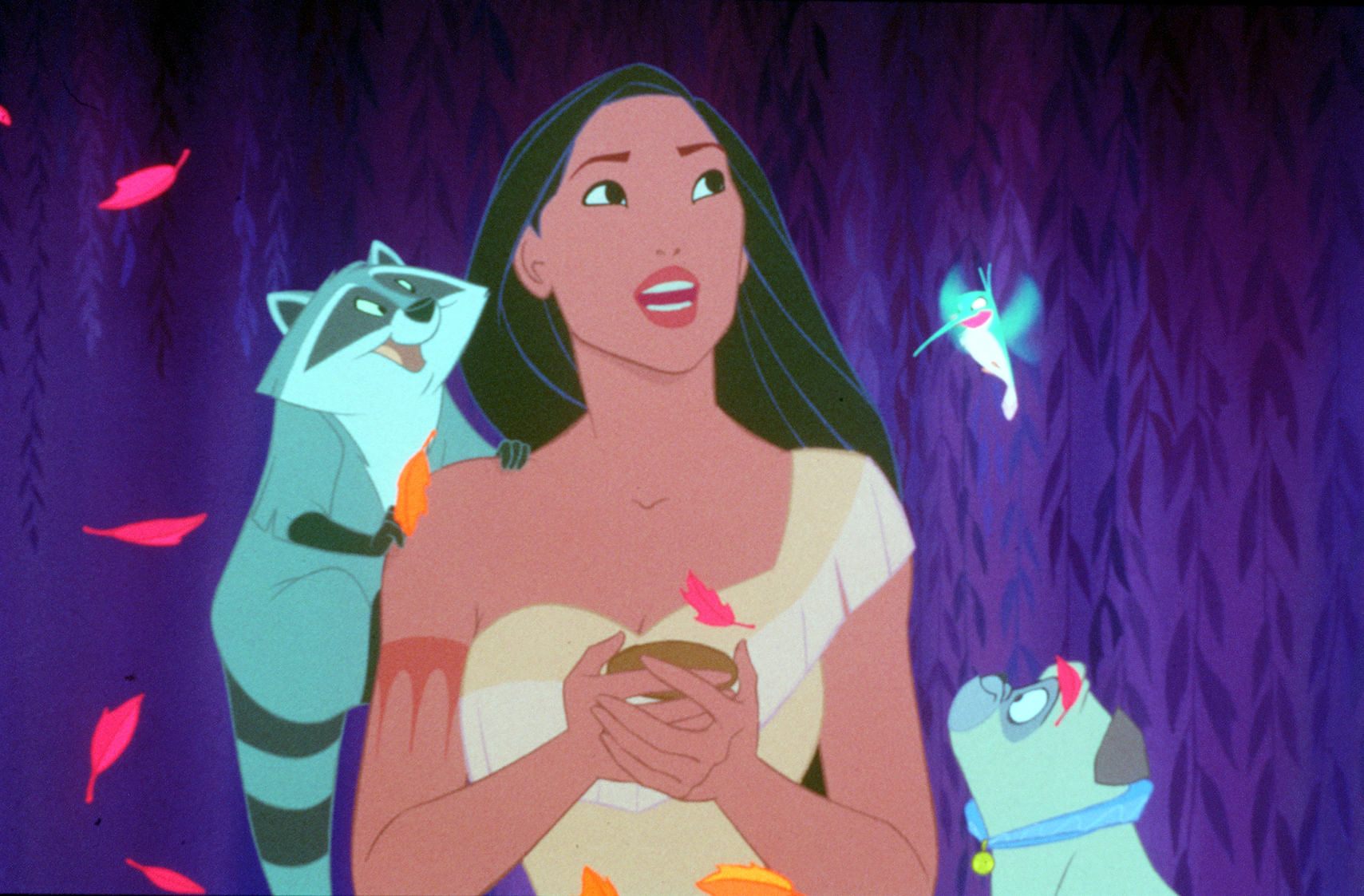
The portrayal of Pocahontas in the 1995 animated film has been contentious for its invented romance between the title character and the colonial settler John Smith.
The historical Pocahontas was actually a child of about 10 years old when Smith reached her homeland.
She was held hostage by the English and converted to Christianity.
Native Americans have argued that the fictional love story makes the European wars of conquest more palatable, and that the widespread sexualisation of the character contributes to high rates of sexual assault against Native women in the US and Canada.
5. Aladdin (1992)
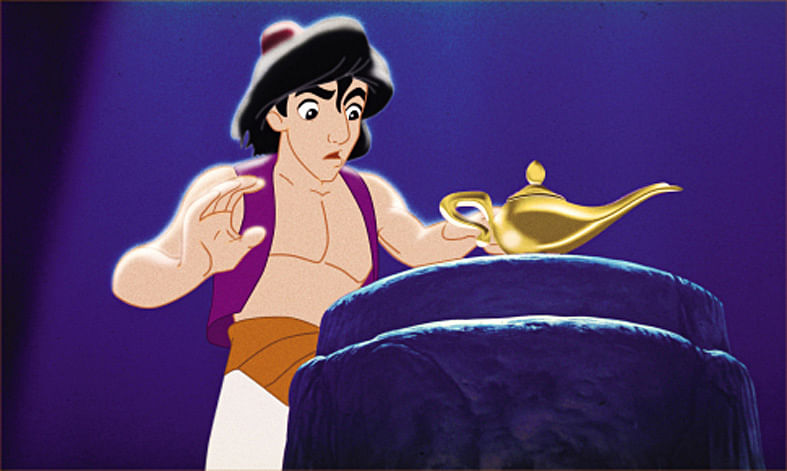
The opening song to the Aladdin animated movie is called Arabian Nights, with lyrics referring to its unspecified Middle Eastern setting as "barbaric, but hey, it's home".
The American-Arab Anti-Discrimination Committee complained about the use of the word "barbaric", as well as a line that suggested that Arabs "cut off your ear if they don't like your face".
The reference to physical mutilation was later replaced with a generic description of the desert heat.


